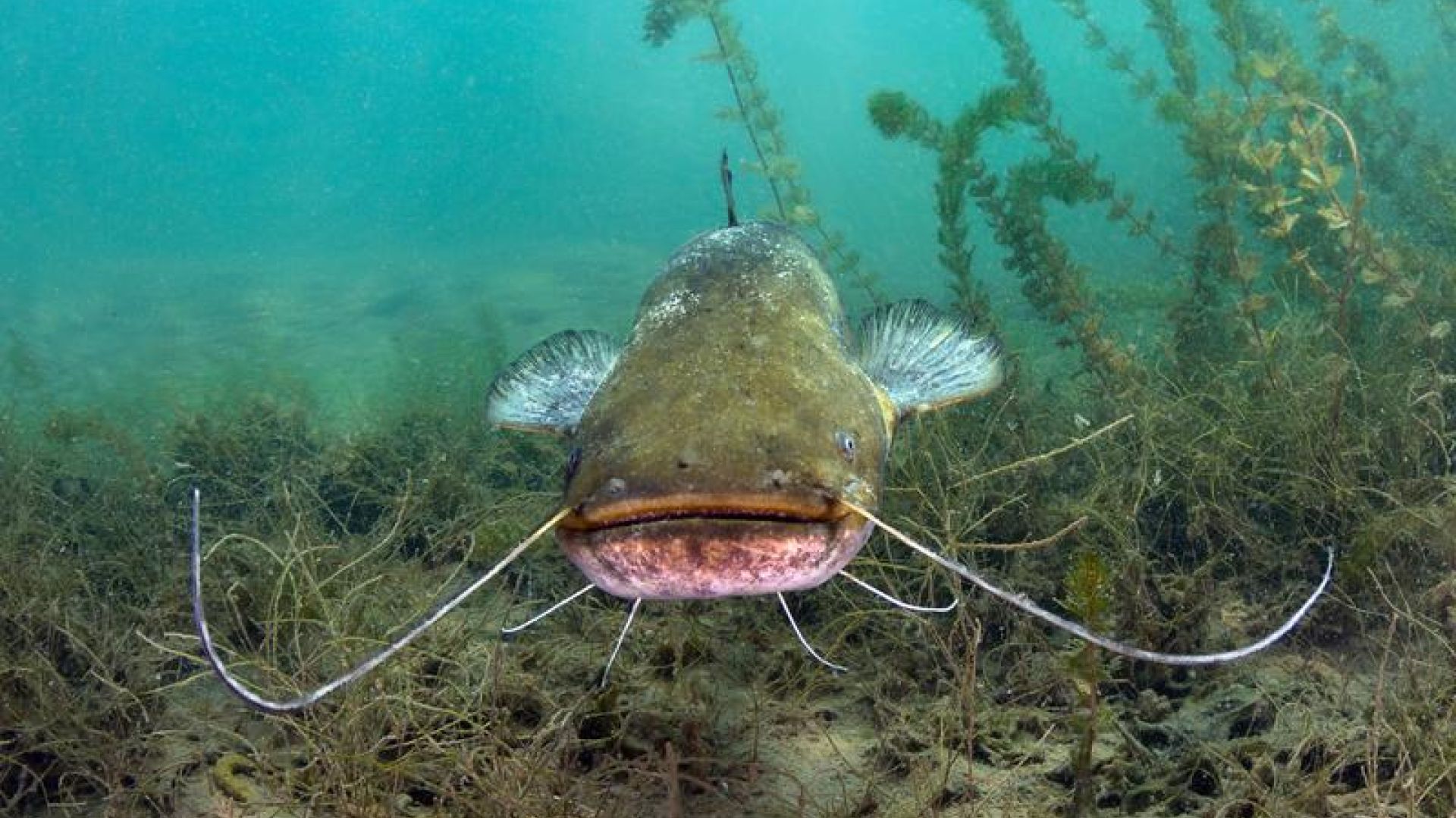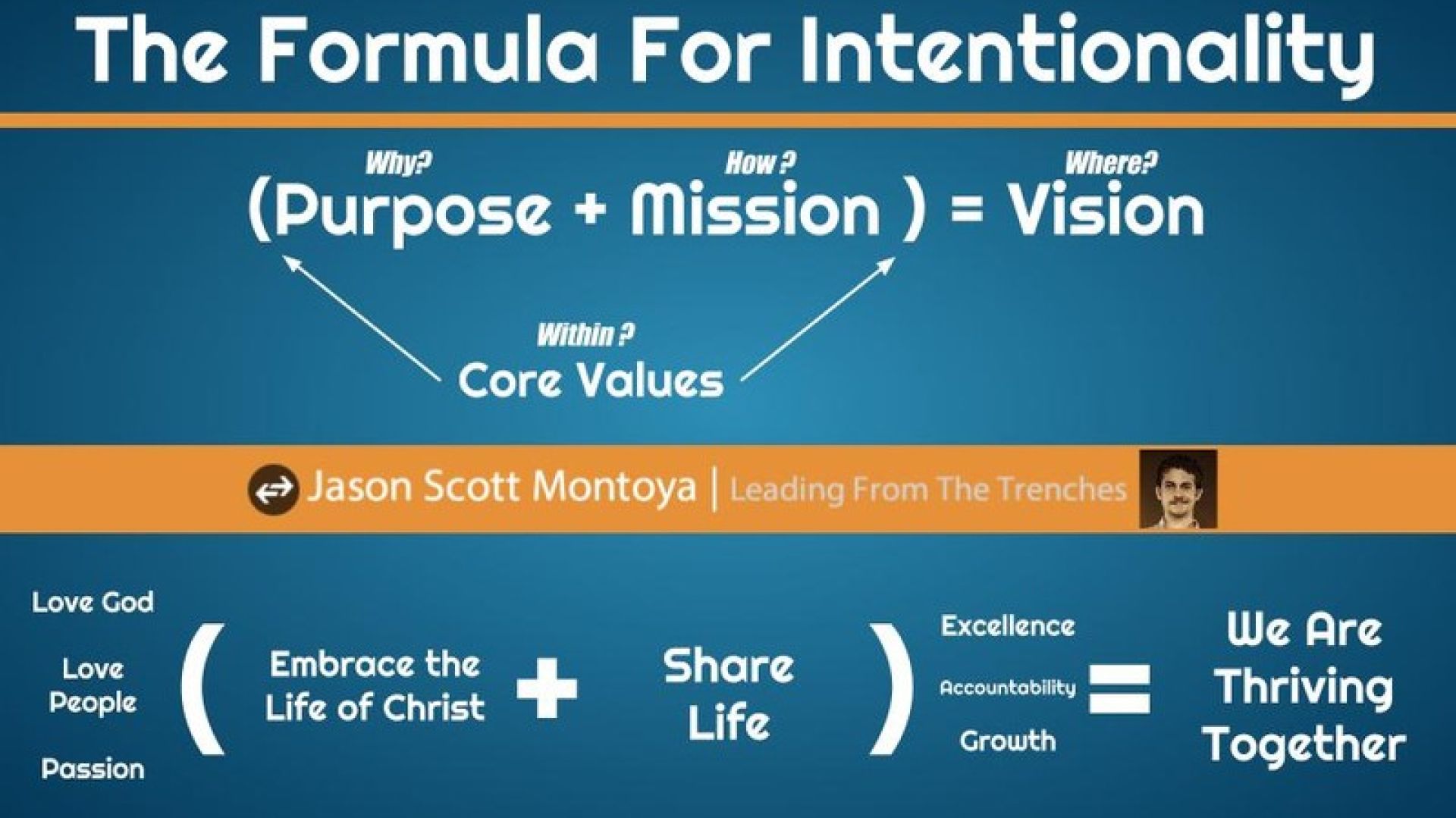
Alienation: Not Belonging and Seeing No Point to It
Prefer to listen? Hear me read this blog. Click here if it's not working.
What is alienation?
Tim Carney has a great way of explaining it in his talk (below) derived from his book on the topic.

Life is Hard. Business is Challenging. The World is Uncertain.
Leaders, freelancers, and entrepreneurs: Get stories & systems, for navigating the challenges, in your inbox.
"The way I see alienation today is not belonging to the institutions of civil society. It's not that you don't have friends, it's that you don't belong to something. It's a lack of belonging and not seeing the point of belonging."
Can you relate? I suspect we all can. Switch out the word “civil society” and you’ll think of some examples.
- Community
- Neighborhood
- Church
- Family
- School
- Political parties
I’ve been sharing about how the Republican Party continues to alienate me. As someone who inherited belonging to the Republican Party, the party has steadily signaled my lack of belonging to it.
I’ve also experienced this in all the other categories too.
And, I’ve also been the perpetrator of alienating others for the wrong reasons.
My alienation has taken other forms. While I love the church and have had mostly positive experiences, I’ve also been hurt and disappointed by the church. This dynamic is a major catalyst for my book project about Jesus' crucifixion.
Something is so wrong with people, that God came down to earth to solve it, and instead of accepting that gift, we killed him. And the religious people led the way.
We're the basket of deplorable men and women in those binders, but God steps into the fray with us anyway.
Alienation From God and an Unshakable Foundation
And that brings me to one of my greatest fears; alienation from God.
God, in his nature, is a community (the trinity). Humans are an expression of that community’s love and it is a community that existed before humanity. We’re gifted with life and participation in this community. But we have also chosen to break our relationship with God and alienate ourselves from our relationship with Him. God has done (is doing) everything he possibly could (can) to rectify this, but we have to embrace it. He won't force it upon us. And when we do, our sin becomes his and his righteousness becomes ours. And slowly and surely, God's spirit works it out in us.
Think about the relationships in which you have participated. How many of those that broke down and ended poorly have you rectified? How many people who have hurt you have come back around to make things right? In reality, we usually abandon and move on to new relationships, jobs, communities, etc... Ideally, we’re at least taking lessons from the past and not making those same mistakes. Sometimes we keep making the same mistakes. Other times the mistakes keep getting worse.
So in contrast to our human nature of fumbling through brokenness, it’s wildly surprising that despite our rejection of God, he still pursues us. And he gave everything up to fix our relationship with him. He did all the work. We just have to respond.
GK Chesterton has a powerful quote from his book Orthodoxy about how Jesus embodies the most alienated of us all when he cries from the cross.
“…that God could have His back to the wall is a boast for all insurgents forever. Christianity is the only religion on earth that has felt that omnipotence made God incomplete. Christianity alone felt that God, to be wholly God, must have been a rebel as well as a king… When the world shook and the sun was wiped out of heaven, it was not at the crucifixion, but at the cry from the cross: the cry which confessed that God was forsaken of God. And now let the revolutionists choose a creed from all the creeds and a god from all the gods of the world, carefully weighing all the gods of inevitable recurrence and of unalterable power. They will not find another god who has himself been in revolt. Nay (the matter grows too difficult for human speech), but let the atheists themselves choose a god. They will find only one divinity who ever uttered their isolation; only one religion in which God seemed for an instant to be an atheist.” ― G. K. Chesterton, Orthodoxy
This is what has sustained me. It’s why I’ve survived alienation from all groups.
Despite my fear of alienating myself from God, he’s persistently pursued me. Grace is the reassurance that no matter how bad I get, or how corrupt I become, he will always pursue and rectify me. Thus I need not fear corruption because I’m in a relationship with the one who also fixes me up. And this empowers me to make things right when I’ve done wrong.
This grounds me in sharing the feelings and facts of my alienation. I've been involved in the transformation of many people’s lives and one of the things I discovered in that process is how often when people change, they are ejected or leave the group they are apart.
With few historical exceptions, it’s quite rare for someone to stay in their group and transform it from the inside out. But where it’s possible and appropriate the doorway there is found in the way of the cross.
If I’m alienated from everything, I’m still a participant in the greatest community of all. And that membership gives me the power to transform any relationship and group of which I am a part or depart without fear of being isolated and alone. It enables me to invite others, like you, to join in this community of broken people. It empowers us to build communities that welcome the alienated.


![America Together [Documentary Film Project]](/templates/yootheme/cache/82/america-together-900-823d780d.jpeg)







